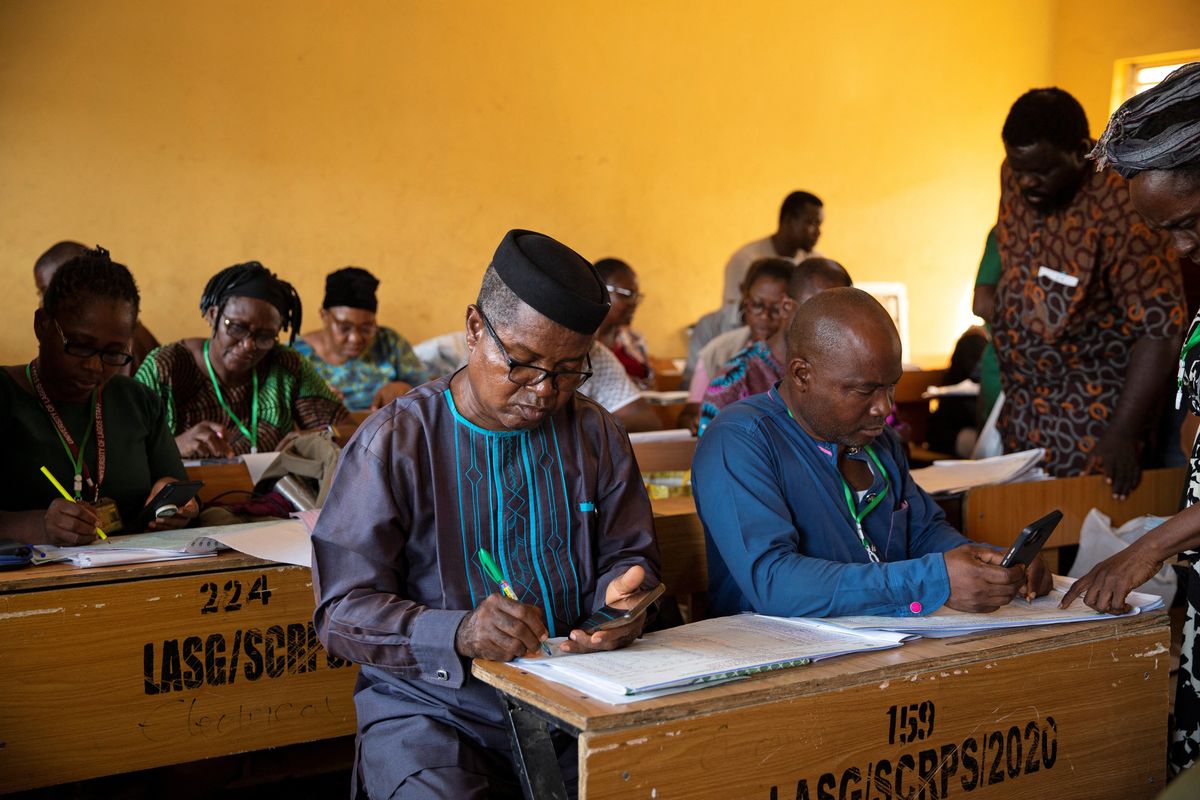Nigeria starts presidential vote count
Early results from Nigeria's presidential election are still trickling in Monday, as delays at some polling stations forced people to vote throughout the night on Saturday and the following day. Final numbers could take days, especially if the race is very tight. So far, the big news is that Peter Obi, a third-party insurgent posing the most serious threat to the Nigerian political establishment since the restoration of democracy in 1999, captured Lagos, the country's biggest city and state. Obi is facing off against ruling party candidate Bola Ahmed Tinubu and opposition hopeful Atiku Abubakar. To avoid a runoff, a candidate must win the popular vote and 25% of ballots in at least two-thirds of Nigeria's 36 states. Whoever comes out on top, the final result "will most likely leave a large chunk of Nigerians upset," tweeted Amaka Anku, head of Eurasia Group's Africa practice, who's covering the election on the ground. Anku highlighted the low voter turnout — although it's unclear whether fewer people actually showed up or if biometric ID verification prevented unregistered people from voting.
Migrant boat sinks off Italian coast
At least 62 people, including children, died after a rickety wooden boat carrying approximately 150 migrants sank off the coast of southern Italy on Sunday. Search and rescue teams found 80 survivors, all of them adults. The number of migrants crossing violent seas from northern Africa to reach Europe has accelerated recently, with 105,000 intercepted by Italy last year, up 38,000 from 2021. Far-right Italian PM Giorgia Meloni, who has vowed to crack down hard on asylum-seekers trying to arrive by sea, blamed human traffickers and demanded more help from EU leaders to address the crisis, while the opposition 5-Star Party derided her government’s migration policy. Meloni has placed restrictions on charity boats and refused to accept rescue ships, demanding other countries take in more refugees. Meloni's hardline stance on migration remains at odds with human rights groups and Brussels as well as most individual EU member states, but she is unlikely to back down — after all, she was elected by Italians to be tougher on this issue, which provokes strong emotions on both sides.






